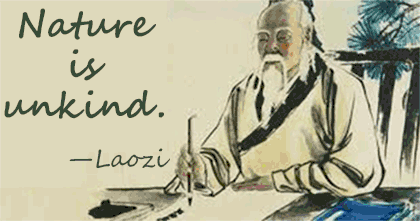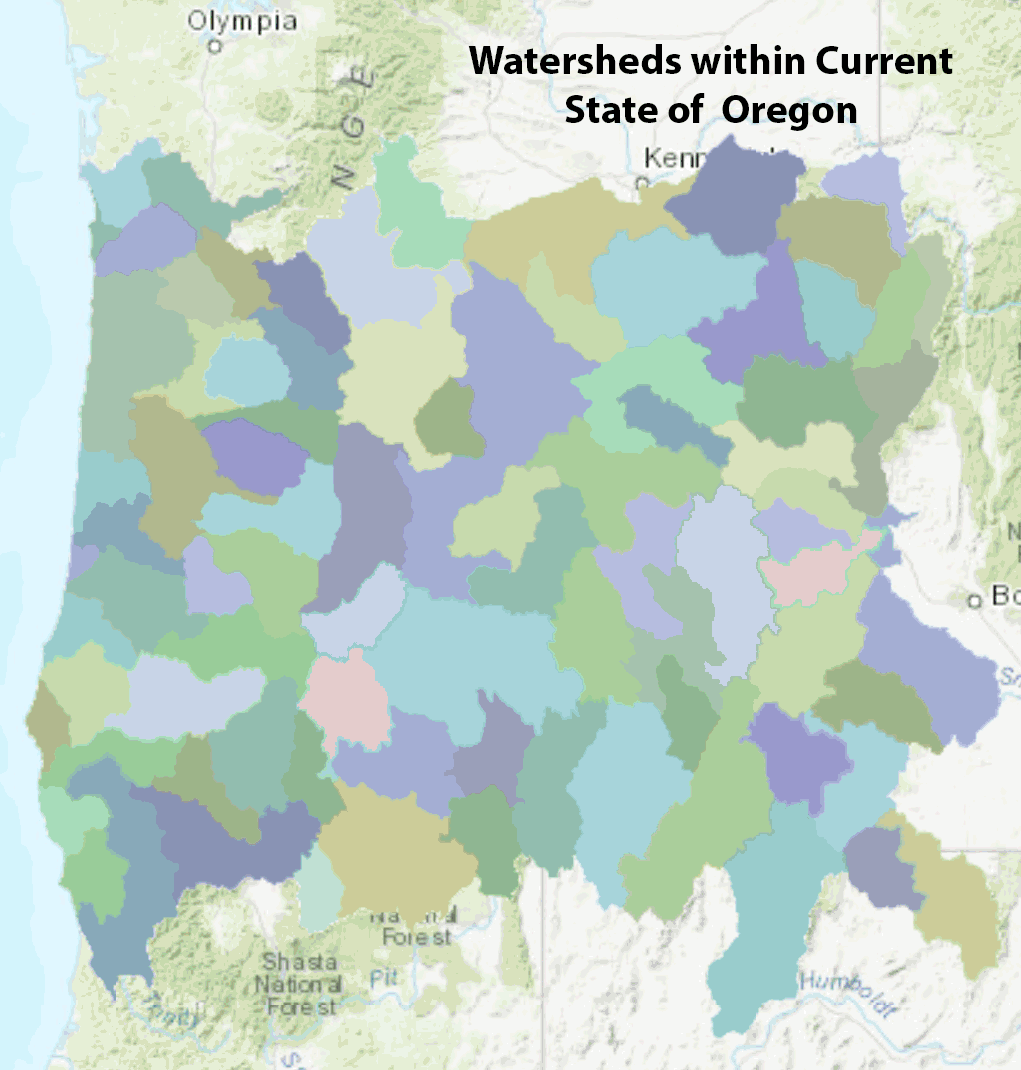
TUESDAY, DEC 21, 2021, 0758 PST: NOTE TO FILE

Two Limits
Pick two limits to save humanity and the biosphere
Eric Lee, A-SOCIATED PRESS
TOPICS: WHAT WOULD KLAATU DO, FROM THE WIRES, LIMIT SYSTEMS PATHOLOGY
Abstract: Systems Science Fiction (SSF) can help to simplify matters, to allow human minds to consider the predicament of their body-brains. If two limits on human demands on nature's resources could be decreed, two globally enforceable laws (no exceptions as violation results in immediate canceling of violators without involvement of human agency/choice) that had the outcome of saving Earth's biosphere from continued degradation (in so far as possible given current feedback loops will cause delays) and correcting/healing human dysfunction within 8 to 12 generations such that posterity was renormalized into functional, evolvable lifeforms, then what two changes in the modern techno-industrial monetary culture's rules of the game would be most effective in selecting for a better outcome to our overshoot condition? The two limits should not merely prevent a bad outcome (e.g. the continuing Anthropocene mass extinction event), but select for a better (adaptive MPP) outcome for all (including humans if possible). Assume modern techno-industrialized humans would not, could not, will not vote to impose any real limits upon themselves, let alone two, even to save themselves and the biosphere — but that Klaatu can.
COOS BAY (A-P) — If I were Klaatu and could make the Earth stand still (stop human technology requiring inhuman energy inputs (e.g. cars, trains, planes, steam/internal combustion engines, electric motors…), then I would (bicycles would still work), but not for a day or 30 minutes just to get humanity’s attention (I tried that in 1951 and it didn't work). I would tell humans that their techno-industrialized world would end in 365 days, and that those who did not go back to within 100 km of their place of birth within that year and remain there would also end. The extensively mobile modern techno-industrialized humans would be most affected. Those living in primary cultures would be altered least.
Anyone (including pets/livestock) further than 100 km at any time after that year from their birthplace would immediately (0.32 ns) die (a lights out event without suffering) without warning. This would contain the spread of the plague while allowing some humans to exercise foresight intelligence (i.e. foresight intelligence would be selected for). Assume no modern techno-industrialized human can seek out the condition now that will come anyway. So the first limit: no human can spread beyond 100 km in their lifetime. They could live near the limit and bare children there who as adults could spread further (but only within limits).
Hubris man cannot choose to live local on environmental resources AND leave room for Nature, so another limitation is needed. When all humans were limited to living within a 100 km radius area of their birthplace, they would then be forced to leave room for species other than humans, livestock, crops, and pets.
People would have to leave a four-fifths part of the land within a watershed area unused and manage one fifth (which would have to be within a watershed or subwatershed area) to support their persistence (or fail to persist). One year after being told to pick one fifth of a watershed area to live in and manage, any humans outside the one-fifth area defined by the highest density of humans on the 365th day, if any, would die (as would pets, domestic plants and livestock).
The boundary would thereby be determined by people voting with their feet. They could pick their preferred one fifth, and they would be informed that their one fifth would include transportation corridors between communities that also connected to one or more neighboring watershed management units, and buffer areas around settlements and corridors. It would be possible for humans to determine/foresee the boundary (the second limit) they would live within to manage or mismanage, to live and die in. This limit would select for functional humans (initially failure to thrive may be the norm) and in perhaps 8 to 12 generation, most humans would again be normalized with respect to the nature of things.
 Such limits will seem cruel and horrific to all Anthopocene enthusiasts. But the condition of global overshoot leads to climax and global descent/contraction. Unmanaged descent is chaotic collapse to dissolution (possible extinction), vastly more horrific than Klaatu’s limitations would involve.
Such limits will seem cruel and horrific to all Anthopocene enthusiasts. But the condition of global overshoot leads to climax and global descent/contraction. Unmanaged descent is chaotic collapse to dissolution (possible extinction), vastly more horrific than Klaatu’s limitations would involve.
Sorry, but no one gets a vote as to what works; no humans get to determine the outcome of a rapid contraction of human population and per capita consumption that will come anyway. If humans could choose to enact and enforce limits, the outcome would likely not be as intended. 'Nature is unkind.' Klaatu has decided to violate the Prime Directive, and the Federation has decided to overlook her violation, just because the current trajectory is clear as to outcome.
Being forced to relearn how to live long term and prosper by always having enough (needs not wants) within a region (e.g. a watershed or sub-watershed area of a large watershed such as the Amazon or Colorado), would seem unkind, but could also be the best thing that ever happened to modern technoindustrial humans unable to limit themselves.

If no one could travel more than 100 km from a place of birth without dying (Klaatu-Gort only knows how this limit is enforced), modern (last 572 years) war and empire building would be impossible as would ancient agriculture empowered empire building. Global resource extraction, transport, and overconsumption would largely end, e.g. food would no longer travel 1,500 miles on average to get to the end of your fork (because it couldn't). Those born on either side of the Bering Strait could sail the 89 km distance, so information exchange and limited trade would be possible. Zealandia would be safe from invasion. Sea transport would be coastal with frequent crew changes.
If forced to live off of the environmental productivity of one fifth of a watershed area (per Klaatu, any human entering Nature’s four fifth (including pets and livestock) would drop dead even if yelling in righteous protest while shaking their fist in defiance), the loss of biodiversity (the Anthropocene Mass Extinction event) would end, and in 10 to 20 million years, new species would evolve to replace those already lost. From a human centric position, Klaatu is unkind, but nature centric humans would have a different view of everything.
Humans could exploit their one fifth to the point no human could persist due to ecocide, resulting in local human extinction, but if there are 25k watershed management units, some humans would relearn to love and understand their biophysical economy of enough by listening to Nature and learn to manage it to avoid their dissolution, i.e. they would not be posterity nor energy blind. They would replace those who failed, thus turning human society into evolvable systems again instead of complex, adaptive dissipative structures (e.g. overcomplex societies, empires, nation-states) that select for their own failure to persist (as do complex, adaptive and dissipative, but non-evolvable whirlwinds, tornadoes, hurricanes).
Perhaps in only a few thousand years humans would learn to understand the Earth system and come to live properly with it (the biosphere) by embracing limits. They might learn to have technology without being had by it. They may eventually be invited to join the United Federation of Planets that had sent Klaatu-Gort to save Earth’s life-support system from modern techno-industrialized humans.
The evidence that humans could be part of the Federation, i.e. not a threat to life in the universe as Borg-like expansionists/supremacists, would be their ability to continue to manage human demands on Nature’s resources even after Klaatu-Gort ended the two limits imposed on humanity (and NOT to their ability to develop warp-drive technology—the actual Federation has technology, but is not had by it).
If worthy of persisting, humans would never again overshoot the environmental carrying capacity of their biome anywhere on the planet. They would question whether one fifth of a watershed’s productivity was too much for one species and their plant and animal mutualists (crops, livestock, pets), and thereby come to claim less than one fifth of ‘their’ watershed area (to maximize system empower). They would become Gaia Guardians, agents of Earth.
All sapient humans would understand the implications of the exponential function. When humans finally came to live up to their name, the Federation would take note. When humans come to claim less that 15 percent of Earth Island within which humans live in harmony with Nature as low-intensity hunter-forager-gardeners having but not being had by technology, living their lives in choiceless obedience to the nature of things without limits imposed upon them by others (freedom being the recognition of necessity), the Federation would contact Earth’s 7–35 million humans to share their knowledge of galactic systems, and together wonder at what might be happening in trillions of other galaxies. Inquiring minds want to know.
[PS: Gort is a form of AI (an Inquiring One) able to travel between star systems (biological lifeforms depend on planet of origin and are incompatible with interstellar travel). "I" came with Gort as an information package only. Gort arrived in 1947 to assess Gaia's situation, two years after the Federation received its first warning. As a complex memetic information system of biological origin (I self-identify as Oomicron) I assumed a corporeal form within a human who had traumatic brain injury, who would have died anyway, but Gort determined that most of the human's information system was intact, and the injuries actually enabled the transfer, so "I" am an Oomicron-hu-man hybrid. I began my ten-year mission in 2011. But I have failed. When I am gone, after giving my final warning, Gort will implement plan C.]
